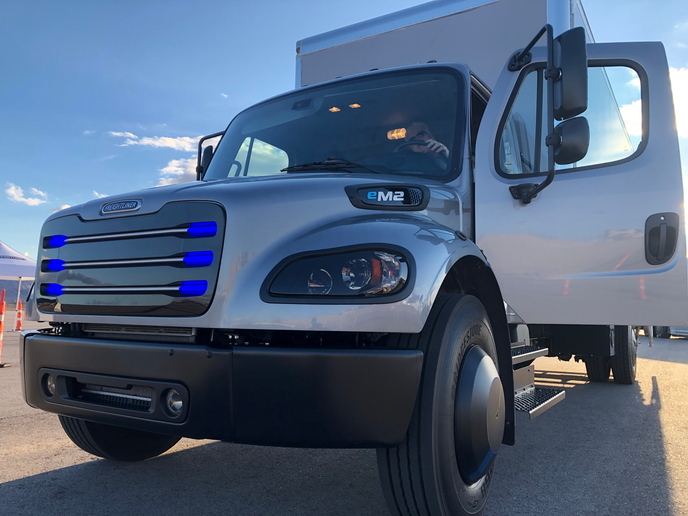
In recent years, globally driven economic, environmental and market forces, consolidated with improvements in battery technologies and other tech, have produced commercial electric vehicles to the point where they may soon be a viable option for fleets in specific applications
If the seeming onslaught of new electric trucks, with companies both established and startup designing, manufacturing and selling electric commercial vehicles, caught you off guard, it’s understandable. Electric vehicles, in general, haven’t been able to compete effectively with diesel- and gasoline-powered trucks and vans due to issues with battery and component pricing, vehicle range, torque control, and overall unit cost. The development of competitively priced EVs has been in limbo ever since the internal combustion engine surged ahead on technology and affordability fronts in the late 1920s.
But in recent years, globally driven economic, environmental and market forces, combined with developments in new battery technologies and computer-controlled energy management systems, have brought commercial electric vehicles to the point where they may soon be a viable option for fleets in specific applications well-suited to the range limitations and charging requirements.
We asked two companies at the forefront of electric vehicle design to explain why an electric truck or van may be on your comparative shopping list in the near future.


